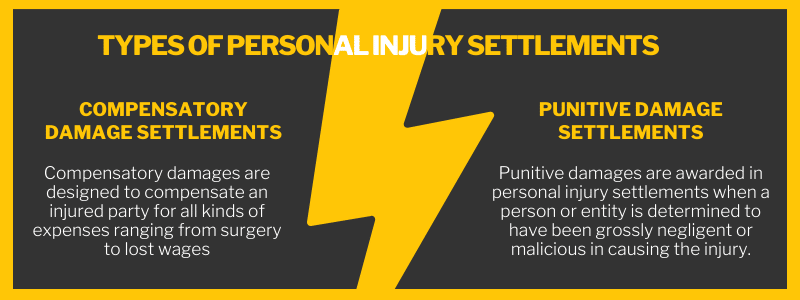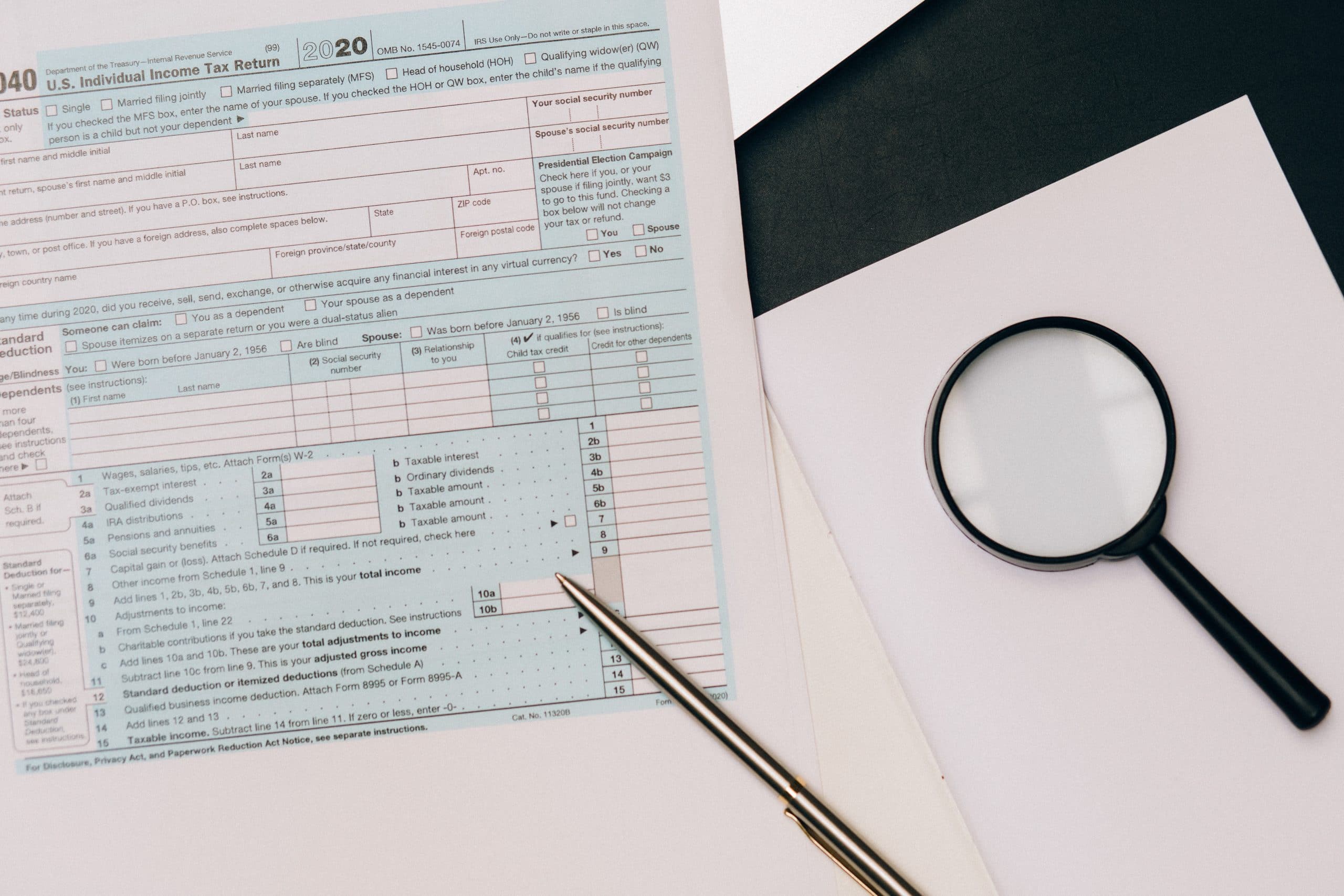As an experienced accident attorney, Blaine Barrilleaux is no stranger to answering client questions about personal injury settlements. We’ve already written about how long you have to file a personal injury lawsuit and how long accident settlements usually take, but we’ve noticed that clients are often concerned with how a settlement will affect them come tax time.
While every personal injury case is different, there are a few guidelines that can give you a pretty clear idea of whether you can expect to pay taxes on your settlement in New Orleans, LA, and the surrounding areas. Of course, if you want direct answers about your specific tax situation, it’s always a good idea to consult a tax professional.
Types of Personal Injury Settlements
If you’ve never hired an accident attorney before, you might not even know what personal injury settlements cover.
Essentially, a personal injury case arises when a person suffers a physical, mental, or emotional injury due to the fault of another person or company – this can be due to anything from a car accident to a slip and fall injury. The injured party may be able to recover money (or “damages”) either through the at-fault party’s insurance company or by filing a personal injury lawsuit; these damages are separated into two types: compensatory and punitive.

Compensatory Damage Settlements
Compensatory damages are designed to compensate an injured party for all kinds of expenses ranging from surgery to lost wages:
- Medical and hospital bills
- Therapy and rehabilitation
- Future medical expenses
- Lost wages (current and future)
- Pain and suffering, mental anguish
- Household expenses
- Loss of consortium or companionship
- Canceled or rescheduled travel plans
In order to receive compensatory damages, a person will need to provide evidence of the expenses incurred and that the expenses are due to the injury in question. A knowledgeable accident attorney will be able to help you gather and organize this evidence if needed.
Punitive Damage Settlements
Punitive damages are sometimes awarded in personal injury settlements when a person or entity is determined to have been grossly negligent or malicious in causing the injury. These damages are intended to serve two purposes:
- To punish the defendant
- To prevent others from behaving in a similar way
Punitive damages are only awarded in 5% of court cases, so it’s much more likely that you’ll only have to worry about compensatory damages in a personal injury case.
When Are Personal Injury Settlements Taxed?
Now that you have a better idea of how personal injury settlements are divided up and what they might include, let’s dive into how a settlement will likely affect your income taxes. It’s worth repeating here that every settlement is a little different and you should speak with a professional tax professional about your particular situation – but these guidelines will provide a good starting place.

Taxes on Compensatory Damages
Generally speaking, compensatory damages aren’t taxable, because you’re simply getting reimbursed for expenses the injury has cost you, rather than making a profit. However, each case is different, and there are exceptions to every rule (which is why we always advise speaking with a competent accident attorney about your specific situation).
There are a couple of common exceptions which may see you paying tax on compensatory damages:
- Medical Expenses: If you’ve claimed itemized medical deductions on your taxes for the injury you’re receiving compensation for, you’ll have to pay back the tax benefits you got on your previous return(s).
- Lost Wages or Profits: If you win damages replacing lost wages or profits, you’ll be required to pay the normal employment tax, social security, etc., just as you would have paid if you’d earned the wages through employment.
Taxes on Punitive Damages
Plaintiffs are always responsible for paying taxes on punitive damages in personal injury settlements, as they’re considered income. This is another reason why hiring an experienced accident attorney is useful – your lawyer will be able to get the judge or jury to separate your compensatory and punitive damages when they give the settlement, so it’s clear what you do and don’t have to pay tax on.
Taxes on Judgement Interest
In many cases, you’ll not only receive a settlement, but also interest on top of the settlement amount – the interest accrues from the time a lawsuit is filed until payment is made. In the state of Louisiana, the judicial interest rate is 3.5% per year. This interest counts as income and is therefore taxable.
Get Help From a New Orleans Accident Attorney
Were you injured in or near New Orleans, LA? If so, rest assured that you don’t have to bear the financial burden of recovery alone – the Law Offices of Blaine J. Barrilleaux can help you through the process of negotiating a fair settlement, including gathering evidence, organizing your case, and representing you in court.
Contact us any time for a free consultation and we’ll be glad to discuss your situation and let you know how we can help.







